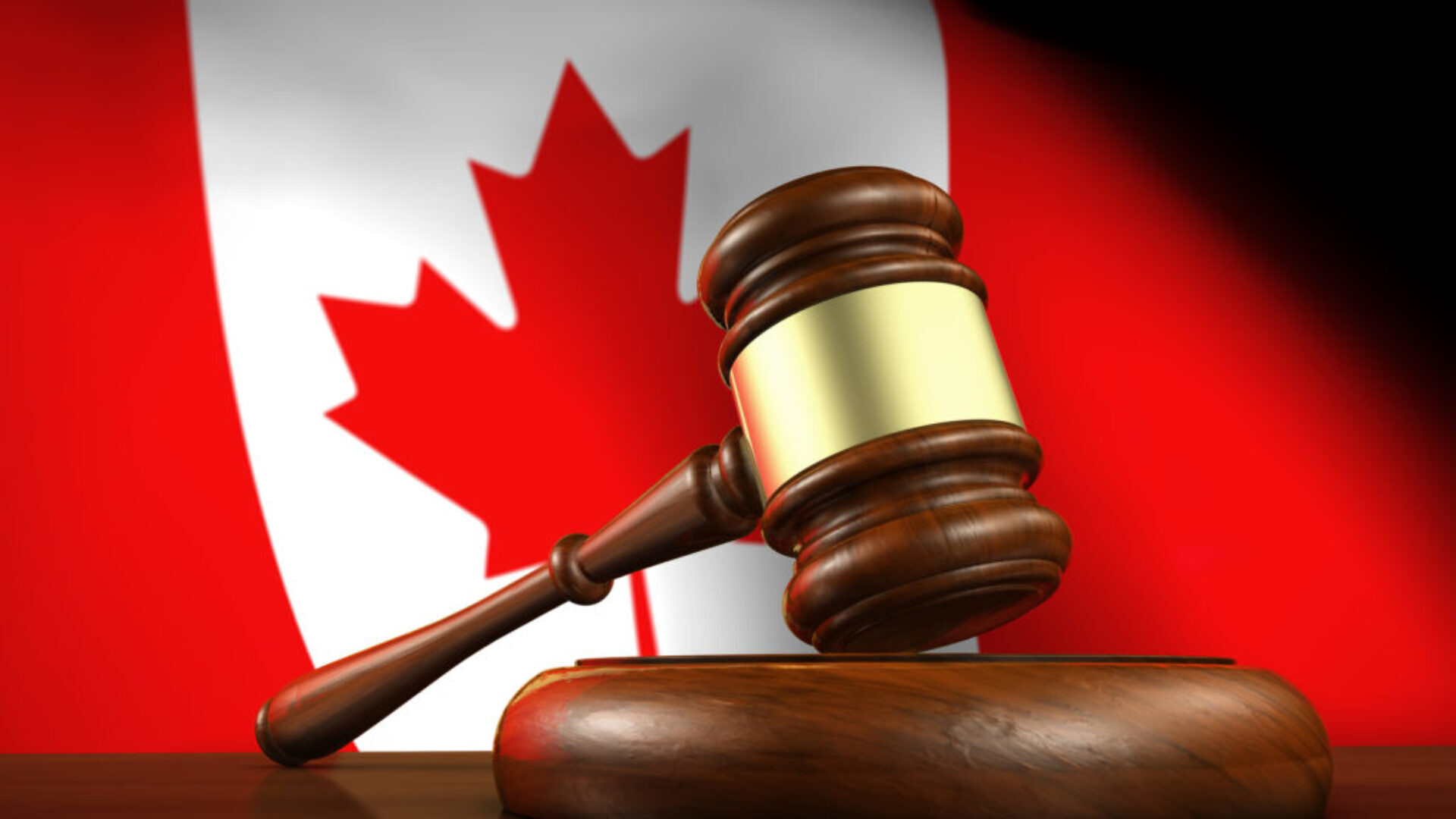UNHCR Canada

The Role of the United Nations High Commissioner for Refugees (UNHCR) in Canada
Introduction of UNHCR Canada
The United Nations High Commissioner for Refugees (UNHCR) is an agency with a noble and vital mission: to protect and assist refugees and forcibly displaced persons worldwide. In Canada, the UNHCR plays a crucial role in partnership with the Canadian government, non-governmental organizations (NGOs), and various stakeholders in addressing the needs of refugees. This essay delves into the multifaceted role of the UNHCR in Canada, including its historical background, functions, partnerships, challenges, and the impact of its work on refugees and Canadian society.
Historical Background of UNHCR in Canada
The UNHCR was established in 1950 in the aftermath of World War II to address the needs of European refugees who had been displaced by the war. Its mandate was initially set for three years, but it has since been renewed and expanded to encompass global responsibilities. The agency's primary objectives are to provide international protection to refugees, seek durable solutions for their situations, and ensure their basic human rights are upheld.
In Canada, the UNHCR has been actively involved in refugee protection and resettlement efforts since its establishment. Its work in the country reflects Canada's commitment to humanitarian values and its dedication to offering refuge to those fleeing persecution and conflict.

Functions of the UNHCR in Canada
The UNHCR's activities in Canada are multifaceted and encompass various aspects of refugee protection and resettlement. Here are some of the key functions of the UNHCR in Canada:
- Identification and Referral: The UNHCR Canada collaborates with the Canadian government and other stakeholders to identify and refer refugees in need of resettlement to Canada. These referrals are often based on the vulnerability and protection needs of refugees.
- Advocacy and Policy Support: The UNHCR in Canada engages with Canadian policymakers and government authorities to advocate for policies and practices that uphold the rights and welfare of refugees. This includes influencing refugee and immigration policies and ensuring that they align with international standards.
- Capacity Building: The UNHCR Canada provides training and capacity-building support to government officials, NGOs, and other partners involved in refugee resettlement. This helps enhance the capacity of these organizations to provide quality services to refugees.
- Information Sharing: The UNHCR Canada shares information with stakeholders in Canada, including government agencies and NGOs, on refugee situations and global trends. This information informs decision-making processes and helps Canada respond effectively to refugee crises.
- Protection of Vulnerable Groups: The UNHCR Canada focuses on protecting particularly vulnerable groups, such as unaccompanied minors, survivors of torture, and individuals with specific needs. It works to ensure that these individuals receive specialized care and support.
- Promoting Durable Solutions: The UNHCR Canada encourages solutions that go beyond immediate humanitarian assistance. This includes advocating for local integration, resettlement, and voluntary repatriation as durable solutions for refugees.
- Monitoring and Evaluation: The UNHCR Canada engages in monitoring and evaluation activities to assess the effectiveness of refugee protection and resettlement programs in Canada. This helps identify areas for improvement and best practices.
- Emergency Response: In times of humanitarian crises and refugee influxes, the UNHCR Canada collaborates with the Canadian government to provide emergency assistance and support for the protection of refugees.

Partnerships with the Canadian Government and UNHCR in Canada
The UNHCR collaborates closely with the Canadian government in its efforts to protect and resettle refugees. This partnership is built on shared values of humanitarianism and a commitment to upholding the rights of refugees. Some key aspects of the UNHCR's partnership with the Canadian government include:
- Resettlement Program: Canada participates in the UNHCR's resettlement program, which involves the identification and selection of refugees for resettlement to Canada. The UNHCR works with Canadian immigration officials to refer and process resettlement cases.
- Policy Engagement: The UNHCR engages with Canadian government officials and policymakers to provide expertise and advocate for policies that protect and assist refugees. This includes discussions on asylum processes, immigration policies, and humanitarian assistance.
- Capacity Building: The UNHCR provides training and capacity-building support to Canadian government agencies involved in refugee resettlement, including the Immigration, Refugees and Citizenship Canada (IRCC).
- Information Sharing: The UNHCR Canada shares critical information with the Canadian government on global refugee trends, regional conflicts, and protection needs. This information informs Canada's response to refugee crises.
- Emergency Response: In times of refugee emergencies, the UNHCR Canada collaborates with the Canadian government to provide emergency assistance, such as humanitarian aid and support for refugees arriving in Canada.

Challenges Faced by the UNHCR in Canada
While the UNHCR plays a significant role in refugee protection and resettlement in Canada, it also encounters various challenges in fulfilling its mission:
- Resource Constraints: Like many international organizations, the UNHCR operates with limited resources. Increased funding is often needed to respond adequately to growing global refugee crises.
- Policy Changes: Changes in Canadian immigration and refugee policies can impact the UNHCR's operations and priorities. The organization must adapt to evolving regulations and requirements.
- Refugee Backlogs: High numbers of refugees in need of resettlement worldwide can result in backlogs and delays in processing cases, affecting the timeliness of resettlement.
- Global Refugee Crises: The UNHCR faces the ongoing challenge of responding to large-scale refugee crises, such as the Syrian refugee crisis, which strain resources and require significant efforts to address.
- Integration Pressures: The UNHCR may encounter pressures to expedite the integration of refugees, which can sometimes lead to rushed processes, potentially overlooking the unique needs of individual refugees.
Impact of the UNHCR's Work on Refugees and Canadian Society
The UNHCR's work in Canada has a far-reaching impact on both refugees and Canadian society as a whole:
- Protection of Refugees: The UNHCR's presence and advocacy in Canada help ensure that refugees' rights are upheld and that they receive the protection and assistance they need to rebuild their lives.
- Durable Solutions: The UNHCR's efforts promote durable solutions for refugees, including resettlement, local integration, and voluntary repatriation, which are essential for the long-term well-being of refugees.
- Access to Services: Through its partnerships and capacity-building initiatives, the UNHCR enhances the ability of Canadian organizations to provide quality services to refugees, including access to healthcare, education, and legal support.
- Community Building: The UNHCR's support for the protection and integration of refugees contributes to the creation of more diverse and inclusive communities in Canada, fostering understanding and solidarity among Canadians.
- Global Leadership: Canada's commitment to working with the UNHCR reinforces its reputation as a responsible and compassionate nation on the global stage, influencing other countries to do more to address refugee crises.
Conclusion: UNHCR Canada
The UNHCR's role in Canada is integral to the nation's commitment to providing a safe haven for those fleeing persecution and conflict. Through its collaboration with the Canadian government, advocacy for refugee rights, capacity-building initiatives, and focus on durable solutions, the UNHCR contributes significantly to the protection and integration of refugees in Canada.
While challenges persist, the UNHCR's tireless efforts have resulted in numerous success stories of refugees who have found refuge and hope in Canada. Its work embodies the principles of humanitarianism, human rights, and solidarity, and it reinforces Canada's position as a global leader in refugee protection and resettlement.
As Canada continues to welcome refugees, the role of the UNHCR remains pivotal in shaping a more inclusive, compassionate, and welcoming society that upholds the dignity and rights of all refugees who seek safety and opportunity within its borders.
In case, if you are outside or inside of Canada and have already UNHCR Referral letter to Canada, our Company will be able to Assist you with Immgration to Canada and your Refugee Application outside and inside Canada and become Permanent resident of Canada. Please fill in Application below for assisstance.


